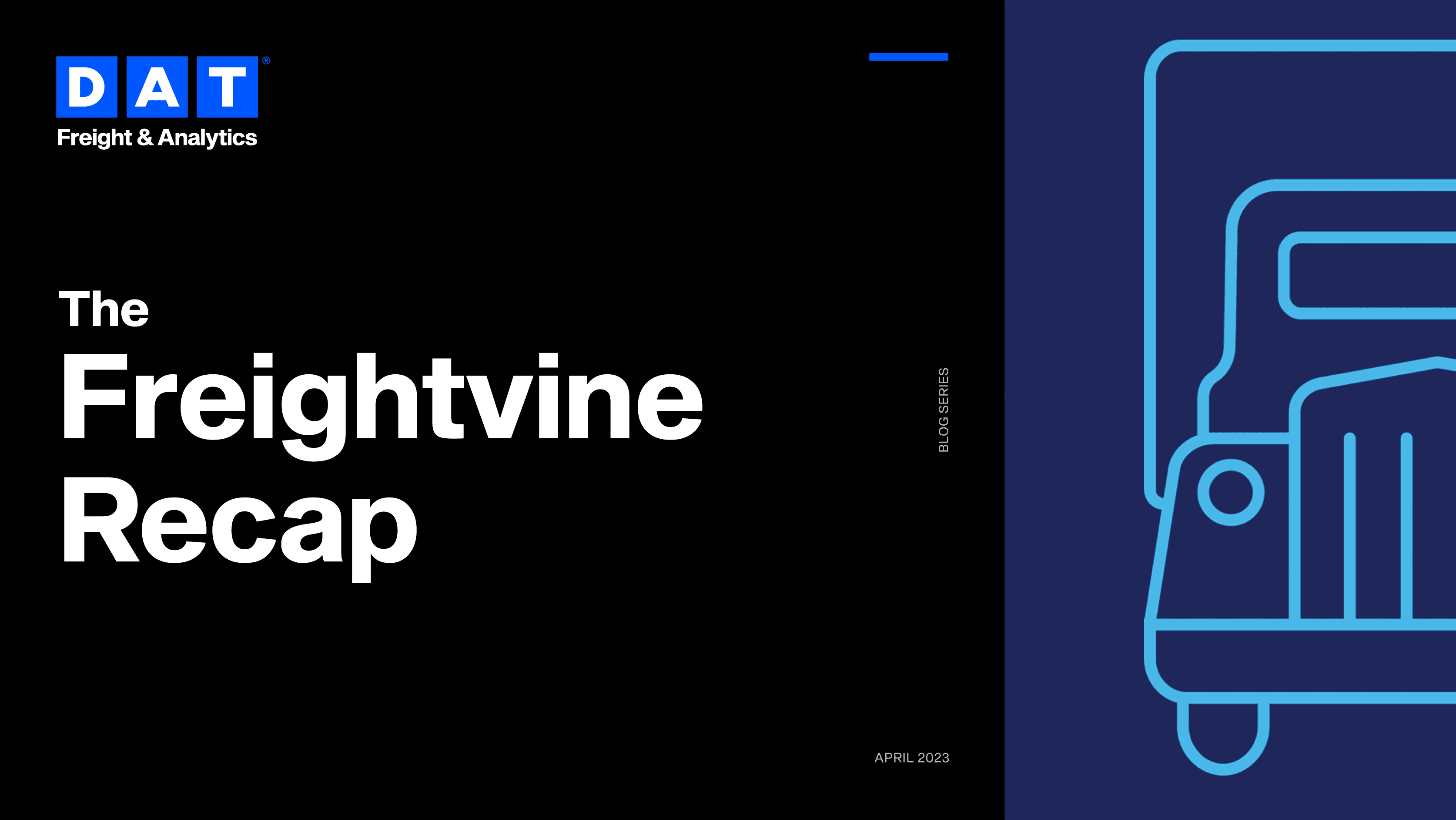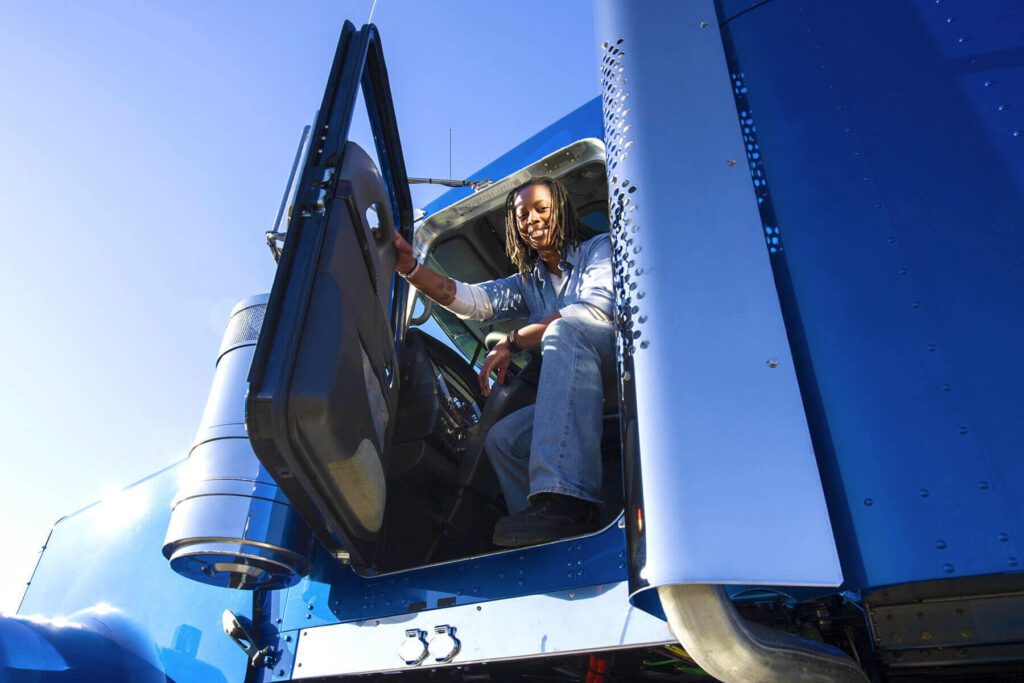
In the past decade, data has become perhaps the most important tool a company can use to make strategic decisions and see success. In light of this, Dr. Chris Caplice sat down with Scott Friesen, EVP of Strategic Analytics for Echo Global Logistics, for an episode of Freightvine.
In this episode, the pair discuss the challenges of introducing analytics within organizations, the importance of humans in making the ultimate decision, and how combining analytics with the human experience can solve customer problems.
The need for analytics
Surprisingly, the transportation logistics industry involves a plethora of manual processes. Many firms have been slower to implement analytics, automation, and other technology to help ease the burden.
While it’s true that we’ve seen industries struggle to adapt when confronted by digital transformation, we have an immense opportunity with the transportation logistics industry to change this. It’s time to approach digital transformation head on and utilize modern technology to help drive success.
The biggest challenge in applying analytics
While we’re starting to see some transportation logistics teams implement digital transformation strategies and shift to analytics, there are still a few challenges the industry is facing.
Perhaps the biggest challenge is the acceptance of analytics. Many logistics teams are operating according to legacy practices and assumptions, and are understandably resistant to new technology or approaches. However, we are starting to see less pushback as people become increasingly curious about analytics and eager to learn more about how it can improve outcomes for their organization.
Another challenge we’re facing is the high cardinality data problem, which is to say that even if you have a large amount of brokerage data, by the time you slice it up – by lane, by equipment type, by operational requirements – you almost always end up with tiny bits of sparse data. To overcome this challenge, the transportation logistics industry must improve on their ability to compare data to one another in order to form a more holistic picture.
Lastly, there is a challenge of orchestrating thousands of loads at a time versus one load at a time. Doing so requires ongoing collaboration between brokers, carriers, reps, and other internal cross-functional teams. In the midst of these fast-paced operations, a decision can be made that impacts hundreds of thousands of quotes. While this can seem daunting, the solution can be found in shifting our mindset to see analytics as something that helps make sense of countless logistics variables. Analytics provides the visibility and clarity needed to make more informed decisions and find a clear path forward.
AI, analytics, and the human experience
The number one reason we’re seeing digital transformation transpire in the transportation logistics industry is the increased pressure to improve operational and cost efficiency. Analytical tools and predictive models are surefire ways to power efficiency, and that’s where we’re seeing the push for technology. The acceleration of digital transformation incites anxieties about competing with machines for jobs. Fortunately, there is reason to be confident in ongoing job security, at least to some extent.
At the end of the day, people will always make the final decision. With AI, you can automate tasks, but the job still needs to be ushered along by a human. For example, with AI, you can have a bot generate a rate automatically but the human is still needed further up that skill scale to put the plan into action, move the process forward, and help power the business as a whole.
Additionally, it’s important to remember that it will take us a very long time to be completely reliant on AI – maybe in ten years we could get up to two-thirds of operations being delegated to bots.
As of right now, we’re moving in the right direction. The building blocks are in place and the foundations are being laid, but we still have a ways to go.
Driving the future with data analytics
Despite the challenges we’re seeing pop up with digital transformation, it’s clear that there is a significant shift underway. It’s not a question of whether or not work will be different in the future – it will be – but rather how much will be different and how quickly these changes will come about.
Working at Echo, Scott is eager to get transportation logistics leaders on the data analytics train. The goal is to turn the critics into supporters and have someone not only see the value in analytics, but to see success from using it.
As our world becomes more data-driven, it’s imperative that everyone is utilizing the data they have to make the best and most strategic decisions that serve the entire enterprise.

